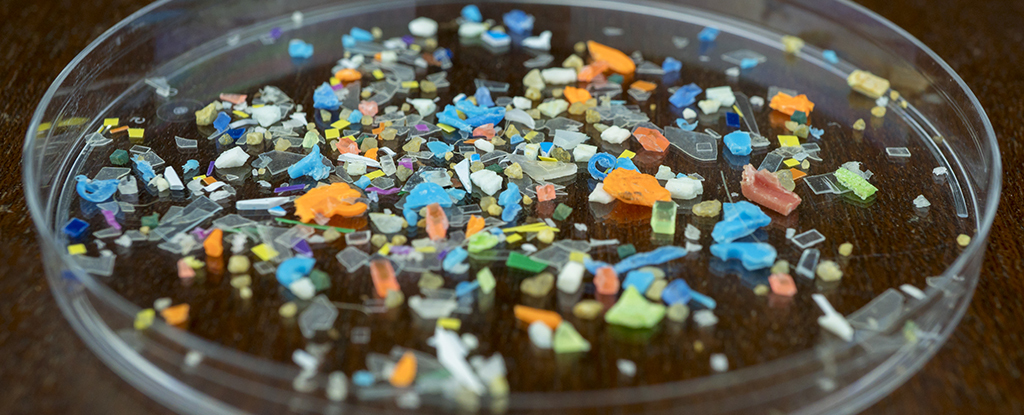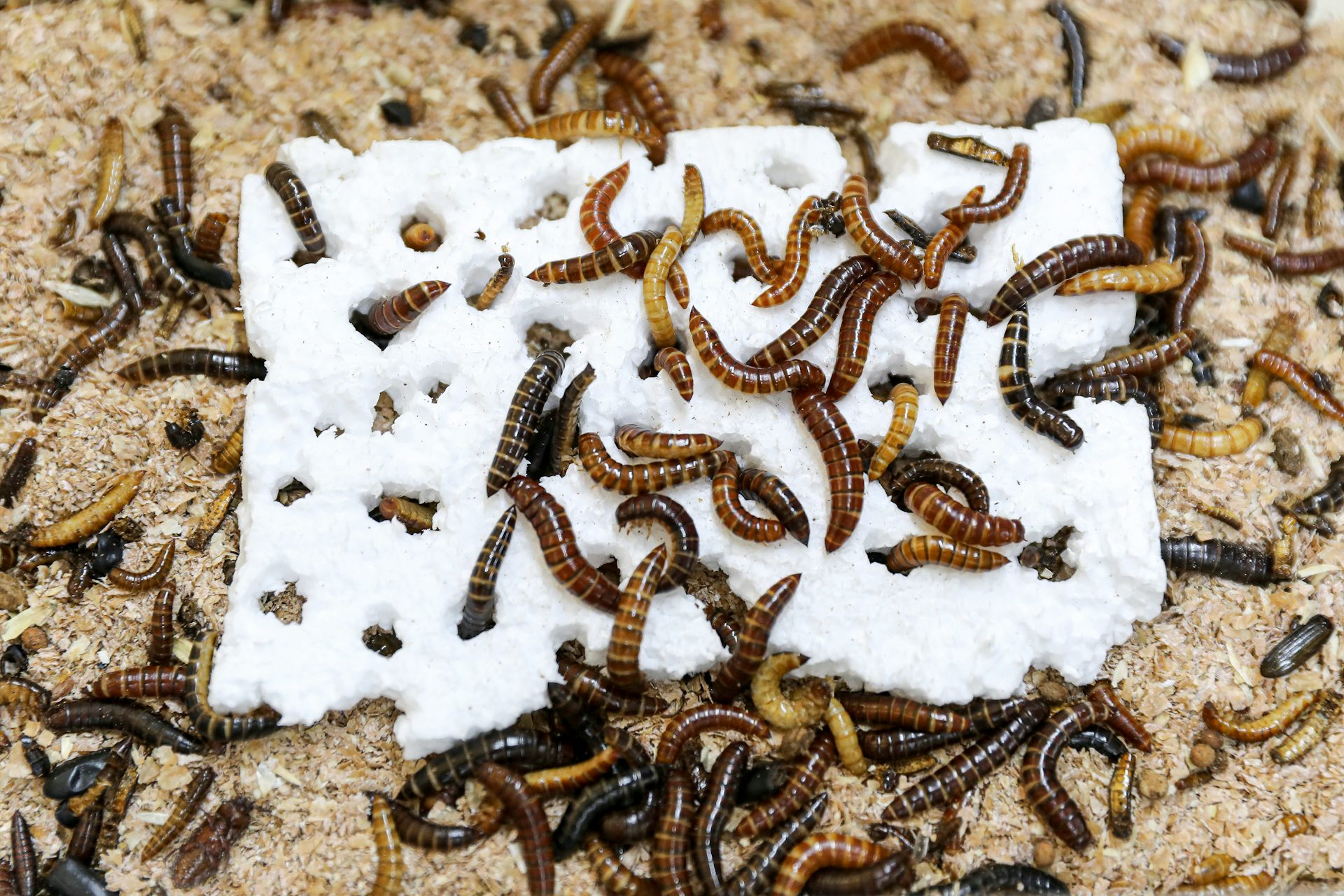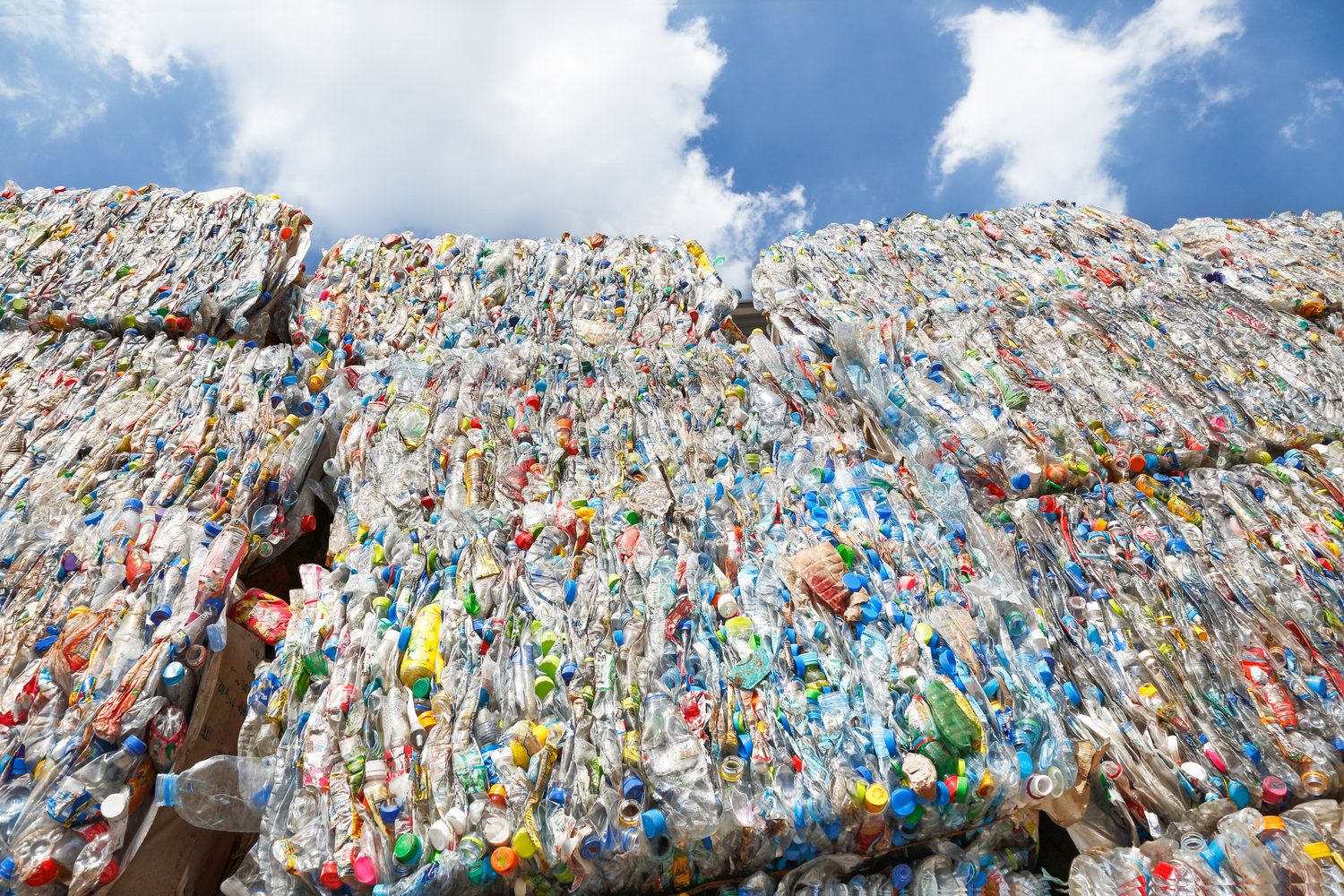
Careful analysis of the animals revealed subsequent changes to protein production, gene activity, bacteria levels, and the microRNA coding inside cells.

Every year, billions of vehicles worldwide shed an estimated 6 million tonnes of tire fragments.

There’s been an exciting new discovery in the fight against plastic pollution: mealworm larvae that are capable of consuming polystyrene.

U.S. scientists are battling against an emerging enemy of human health: nanoplastics. Much smaller in size than the diameter of an average human hair, nanoplastics are invisible to the naked eye.

The scientists used a new analytical tool to measure microplastics present in human placentas, finding the tiny pollutants in all 62 of the placenta samples tested with concentrations ranging from 6.5 to 790 micrograms per gram of tissue.

One in 10 premature births in the U.S. have been linked to pregnant women being exposed to chemicals in extremely common plastic products, a large study said.

The average litre of bottled water has nearly a quarter of a million pieces of microplastics and tiny, invisible nanoplastics, new research has found.

The study examined placentas donated by women who delivered in Hawaiʻi from 2006 to 2021. The rise in microplastics found in the placentas of Hawaiʻi mothers corresponds with the skyrocketing levels of global plastic production.

Nanoplastics that can leach into water and soil affect a specific protein found in the brain, causing changes linked to Parkinson’s disease and other types of dementia.

Population exposure to the synthetic chemical Bisphenol A (BPA), which is used in everything from plastic and metal food containers to reusable water bottles and drinking water pipes in Europe is well above acceptable health safety levels.

Experiments have shown that microwaving plastic baby food containers can release huge numbers of plastic particles — in some cases, more than 2 billion nanoplastics and 4 million microplastics for every square centimeter of container.

Plastic pollution in the world's oceans has reached "unprecedented levels" over the past 15 years, a new study has found, calling for a legally binding international treaty to stop the harmful waste.

A company seeks to replace the non-renewable and pollutive process of creating ethylene with its new technology that uses carbon dioxide instead.

A new study outlines the use of a specially created enzyme variant that vastly reduces the time it takes to break down the components of plastics.

At 42m metric tons of plastic waste a year, the US generates more waste than all EU countries combined. Recycling infrastructure has failed to keep pace with the huge growth in American plastic production.